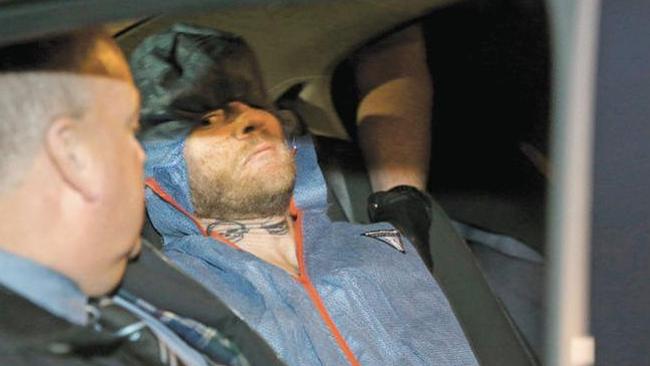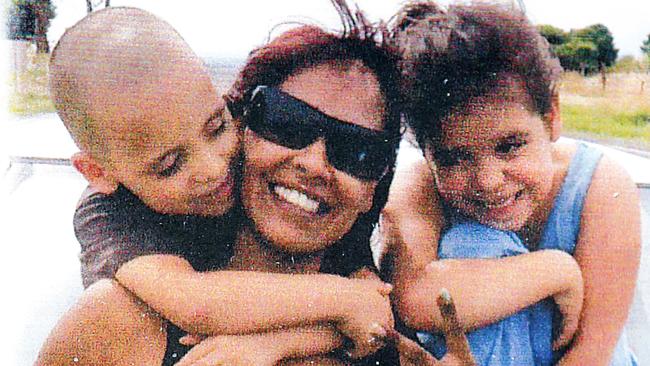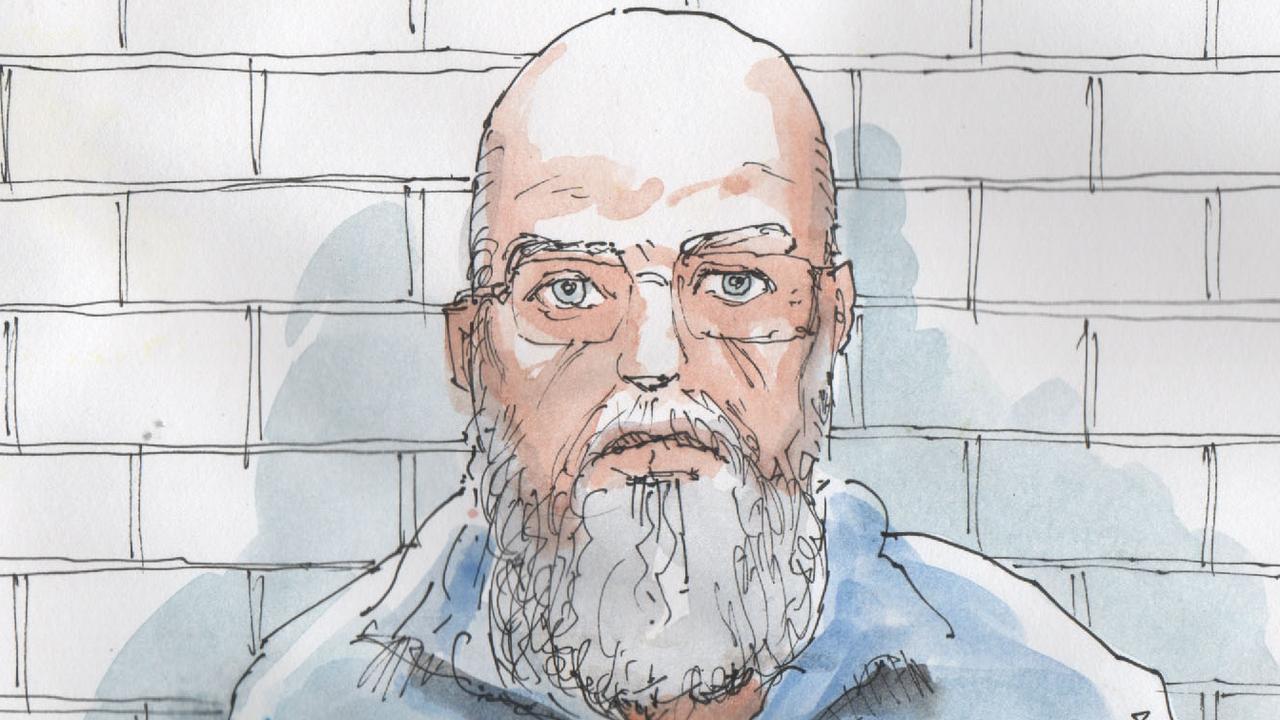Hillier triple killings: Court told Steven Graham Peet has three psychological conditions
THE Hillier triple murder trial has become a battle of experts, with psychiatrists set to be called in to debate Steven Graham Peet’s claims of domestic violence and “disassociative” states.
- Hillier killings: Murderer makes shocking claim
- Bodies of woman, two children, found in Hillier house
- ‘Torn between grief and fury’: Family mourns Hillier victims
- Slain mum’s dreams ‘dashed in a cycle of despair’
- ‘I murdered a mum but not her kids’ — killer’s shock plea
- Analysis: Case confused, family traumatised by killer’s plea
THE Hillier triple murder trial has become a battle of experts, with psychiatrists set to be called in to debate Steven Graham Peet’s claims of domestic violence and “disassociative” states.
A top forensic psychologist has suggested Peet was suffering from internationally-recognised disorders, caused by domestic violence, when the Wilson-Rigney family was slain in May 2016.
Prosecutors have asked the trial be delayed so they can have an expert of their choice assess Peet and, following their recommendations, challenge the first diagnosis.
The 11th-hour development has thrown the scheduled two-week trial into disarray — a situation for which defence barrister Bill Boucaut SC apologised on Wednesday.

“I hasten to add that we did not get the psychological report until last Thursday night, and we were unable to formulate anything until we had it in writing,” he said.
“Unfortunately, these things happen.”
Peet, 31, of Evanston Gardens, has pleaded guilty to murdering Adeline Yvette Wilson-Rigney at Hillier, north of Gawler, on May 30, 2016.
He bashed Ms Wilson-Rigney, 28, in the head with a crowbar six times and choked her with a cable tie before leaving her body underneath a mattress in their laundry.
Peet has pleaded not guilty to having murdered her daughter Amber, 6, and son Korey, 5.
The children were found strangled and hogtied with cable ties, and with and “layers” of sticky tape around their heads, in the house — Amber had also been gagged with a sock.

On Tuesday, prosecutors alleged Peet made six “admissions” of guilt to several different people on both the day of the killings and in the months afterwards.
Mr Boucaut, however, responded Peet was “an automaton” when the children died, and so cannot be held legally responsible for their deaths.
He claimed Peet’s psychological profile matches that of domestic violence victims because he had been regularly abused by Ms Wilson-Rigney prior to her death.
Asked to provide that profile to the court, Mr Boucaut refused, saying he “didn’t want to be churlish” but also did not want to “shed all the covers and put everything on the table”.
On Wednesday, prosecutor Tim Preston said Mr Boucaut had shared the profile with him overnight.
He said its author, forensic psychologist Luke Broomhall had identified Peet as suffering from two conditions recognised by global mental health agencies.
Mr Broomhall concluded Peet suffered from “partner violence, physical” and “partner abuse, psychological” as defined by the Diagnostic and Statistical Manual of Mental Disorders.
He suggested Peet also suffered “other specific disassociative disorders”.
Mr Preston said disassociation and automatonism were different concepts under state law.
The first involved whether a defendant could form murderous intent, while the second discussed whether or not a defendant’s acts were voluntary.
“The report doesn’t really crystallise what is actually being driven at and, from the prosecution’s perspective, it’s important we have clarity about the position Peet is taking,” he said.
“Once we have that, we will obtain expert advice and make application for the court to appoint an expert to examine Peet in relation to his mental state at the time of the killings.”
Mr Boucaut said he had used the term automaton “loosely”, meaning only that Peet’s defence was similar to that legal concept.
He said Peet would not seek to challenge any of the DNA, forensic or crime scene evidence in the case, and that only “the mental component” was in dispute.
“Our focus is on whether he could form the intent to murder, or cause grievous bodily harm, and the effect of disassociation on his ability to form that specific intent,” he said.
Justice Malcolm Blue adjourned the trial until Thursday for Mr Preston to seek advice and prepare his application.


